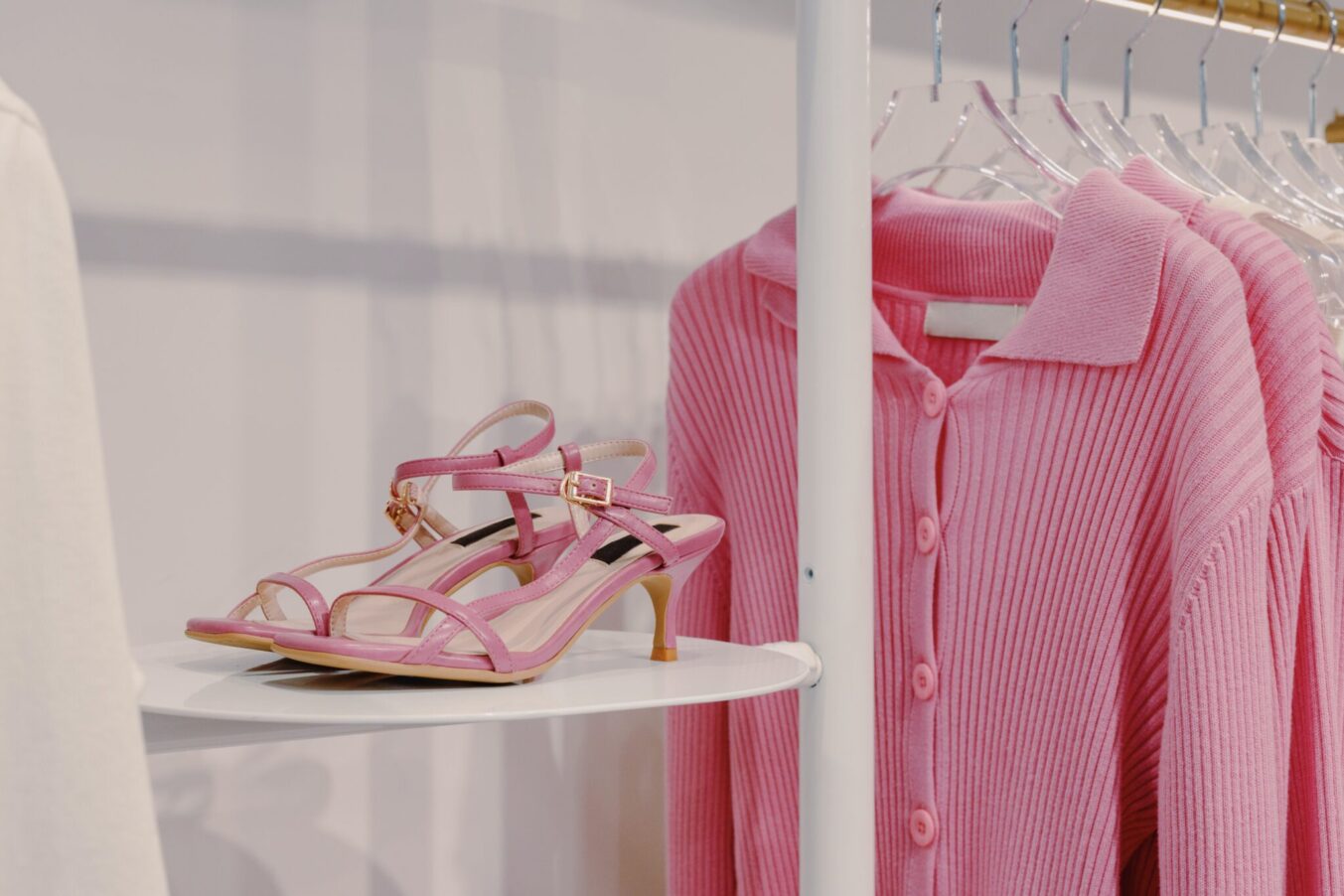It’s Friday night and I am getting ready to go out out after work. Somewhere fancier than where we usually go – remarkably fancier as it goes – and so inevitably, out come the heels.
The only problem: It has been close to two years, with lockdowns and closures, since I last gave my heels an outing. Nonetheless, I want to dress up, for the first time in a long time; to feel good, to feel confident – and I must be honest, I do.
What is it about heels?
Heels have been long desired and recognised as a symbol of power, style and strength despite the medical warnings of long term use. They communicate authority and superiority. Those who choose to wear heeled footwear (of any kind) do so for the fashion, the look and the feeling it manifests; not to mention to make that ultimate impression. Studies have revealed the unnatural body shape transformation caused by the wearing of heels not only increases judgements of female attractiveness but also increases the woman’s selection of mates. The benefits definitely seem to outweigh the risks. Here however I ask, could the wearing of heels influence perceptions of intelligence?
In other words, do women who wear heels embody a feeling of authority which in turn affects the self-perception of their intellect?

Let’s think about this
This conversation was sparked from an article published in 2013 by totalbeauty in which they discussed as a result of wearing heels, women were more likely to make more balanced economic decisions when shopping – could this be true?
The concept of balance seems here to be key. By focusing on the ability to stand tall and steady, could this really focus the mind and perhaps explain why more level-headed decisions are made when shopping?
Studies investigating links between the aesthetic of wearing heels and the science of intellect (or perception of) are few; yet research investigating the importance of fashion and Enclothed Cognition emphasise its ability to increase feelings of self-confidence – and high heels undoubtedly tie into this.
It is the blend of self-assurance combined with self-enhancement and poise from wearing such footwear that provides reason for why, when spending with a budget in mind, women may be more likely to hold true to that financial promise. Does this ring true with you?

Uh oh… and here comes Covid-19
Now however, let’s flip this conversation on its side. As the world felt the effects of the global pandemic in 2020, offices and public places closed and working from home became the norm, heels became redundant. They sat unworn and unneeded in our wardrobes for over a year.
Then, as we felt restrictions begin to lift, for many like myself on that fateful Friday night, the inevitable day came where it was the time to sport those heels once again. Fashion trends today reflect this in their mixing of smart and casual collections easing us back to normality. Flats are having their moment in the form of slippers, pumps, and sandals for the summer, worn with loose flowing dresses and flattering wide leg trousers. Thus, still embracing the cosy and comfy, whilst moving away from our sweatshirts and leggings we saw the pandemic play out in for over a year – although we hate to admit it.

Therefore, if heels do increase feelings of intelligence, boost the wearer’s self-confidence and self-esteem, should we give up on them completely? Whilst it has been proven that heels boost us if the past year has taught us anything its that we can still be productive and dynamic even in our comfiest pyjamas and fluffiest slippers. While heels may provide confidence for women maybe we shouldn’t be reliant on them to display a perception of our intelligence.
Come on ladies, whilst we can embrace them as a fashion tool, true intelligence should not be measured by the height of your heels.




Join the discussion One Comment